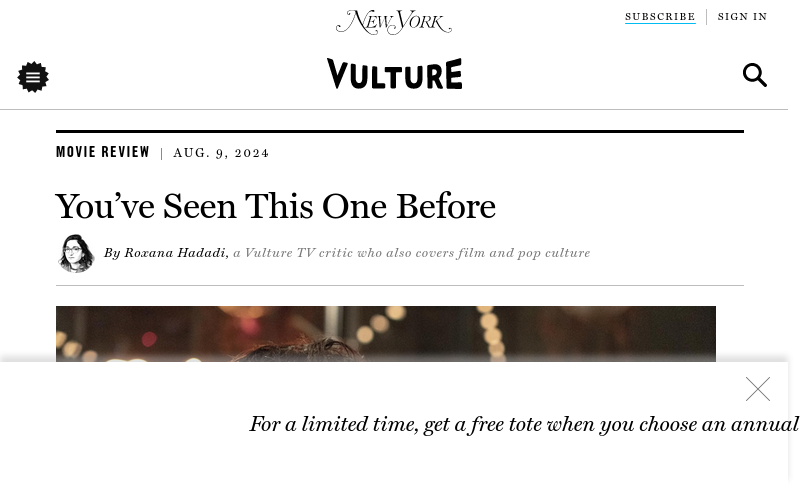you have the possibility to publish an article related to the theme of this page, and / or to this region:
Kenya - -An information and promotions platform.
Links the content with your website for free.

Kenya - Web content about It Ends With Us movie

a woman caught between two men, one blue-collar and the other privileged; a tense mother-daughter relationship fueled by resentment and a warped sense of protection; one of the men even builds Lily a restaurant, similar to how Noah built Allie a house in 'The Notebook.
' But at least 'The Notebook' gave Allie and Noah interests and passions outside of their relationship and their jobs that didn’t neatly align with what we’d expect of them.
In this film, the primary risk is just Lily’s wardrobe, a mishmash of boho blouses, bodycon dresses, and enough Carhartt that you’d think you were watching a different movie.
Otherwise, there’s no texture, no lived-in quality, no sense of surprise to any of these characters—you know Lily and Atlas are the film’s one true pairing because they’re both creative types and had abused mothers.
There’s love-triangle tension between Lily, Ryle, and Atlas, of course.
But the film wants to be more than that, and so it can’t go more than a few minutes without reminding us of the characters’ damage—a cynical tactic that suggests we’ll only care about these three if we know how hurt they are.
Beatings and bullying and backhands across the face, sexual assault and shoving and gaslighting.
Admittedly, one of these scenes is so shockingly physical, and handled with such emotional acuity by Lively, that it cuts through the film’s tidal wave of misery and makes a legitimate impact.
Yet even that development is resolved in a manner so tidy that it reinforces the film’s innate conservatism.
The movie wants to be a form of comfort food, assuring us that everything would be all right if only women embraced their traditional roles as nurturers, mothers, and healers, but it all just tastes stale.